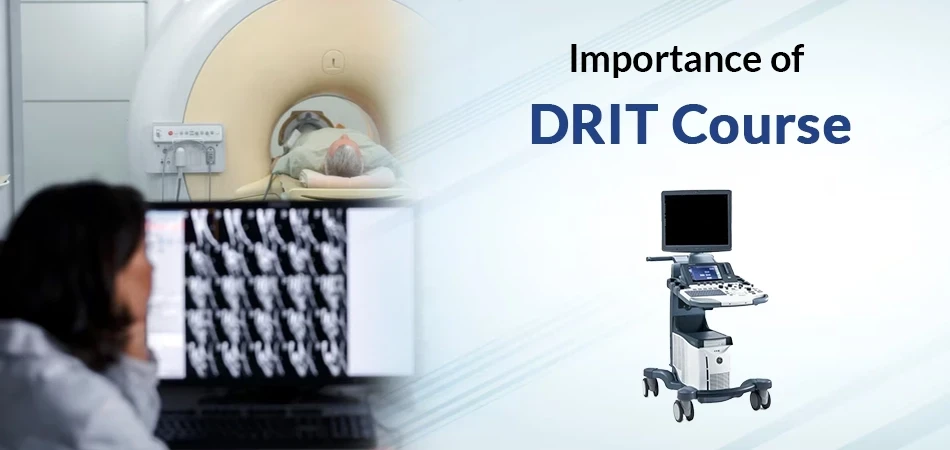The Future of Learning: Why the DRIT Course is Essential for Today’s Workforce

During the two-year course in the Diploma in Radiology and Imaging Technology course students will acquire the necessary skills and knowledge to effectively operate various types of equipment found in radiology and imaging facilities, which includes advanced machinery. If you have a strong interest in the medical industry and radiology labs. Most of the class focuses on teaching, helping you gain knowledge in navigating various situations and tools.
Key factors that make DRIT courses increasingly essential for today’s workforce
1. Advancements in Medical Technology
Modern Imaging Techniques: As medical imaging technology evolves, there is a growing need for experts who are proficient in the latest digital radiologic imaging systems. DRIT courses provide training on state-of-the-art equipment and techniques, ensuring that graduates are up to date with current technology.
2. Increased Demand for Diagnostic Imaging
Growing Healthcare Needs: With an ageing population and rising healthcare needs, the demand for diagnostic imaging services is on the rise. Skilled professionals who can operate digital imaging technology are crucial for accurate diagnosis and effective treatment planning.
3. Enhanced Diagnostic Accuracy
High-Resolution Imaging: Digital radiology offers higher resolution and more detailed images compared to traditional film-based methods. This improvement enhances diagnostic accuracy and decreases the likelihood of errors, which is critical for patient care and outcomes.
4. Efficiency and Workflow Optimization
Streamlined Processes: Digital imaging technology improves workflow efficiency by allowing for faster image acquisition, immediate access to images, and easier sharing of data among healthcare professionals. DRIT training helps professionals effectively manage these technological advancements, leading to better operational efficiency in healthcare settings.
5. Career Opportunities and Advancement
Growing Job Market: As the healthcare industry continues to expand, there are increasing job opportunities for those trained in digital radiologic imaging. A DRIT course opens doors to various roles, including radiologic technologist, imaging specialist, and medical imaging manager. Additionally, it provides a foundation for further specialization and career advancement.
Enrol now at Ganesh Paramedical College
The DRIT course is crucial for today's professionals as it provides them with the necessary skills to use advanced digital imaging technology, meets the increasing need for accurate diagnostic services, improves workflow efficiency, and provides strong career prospects. With the ongoing advancements in healthcare technology, possessing knowledge in digital radiologic imaging is becoming more crucial in providing top-tier patient care and remaining competitive in the workforce.
People May ask
What is a DRIT course?
DRIT stands for Diploma in Radio Imaging Technology. This course will help you to deliver a detailed understanding of the Radiological Lab techniques and provide many job opportunities to the student.
What are the Career opportunities after completing the DRIT course?
After finishing this course you can become a Radiological Lab assistant, research analyst, Radiological Nurse, PhD in radiology Medical officer etc
What is the average salary to be expected after finishing this course?
The average salary varies from 2.5- 6 lakhs depending upon the post and rank.
How to get an inquiry for this course?
You can contact us at PH No-011-47444444 Call Centre NO-011-47333333, Mobile No-9810183948.
Do paramedical courses require NEET?
No, NEET is not required for paramedical courses. However, a few colleges might have university entrance exams for students.
Is there any entrance exam for paramedical courses?
Admission to some of the paramedical courses is based on entrance exams. This includes JIPMER, NEET-UG, MHT CET, etc.
How many years is a Paramedical course?
Certificate courses go on for a duration of 1-2 years while degree courses are for 1-4 years.
Is paramedical a good career?
There are ample job opportunities for paramedical graduates and an increasing demand for trained people in these fields.

